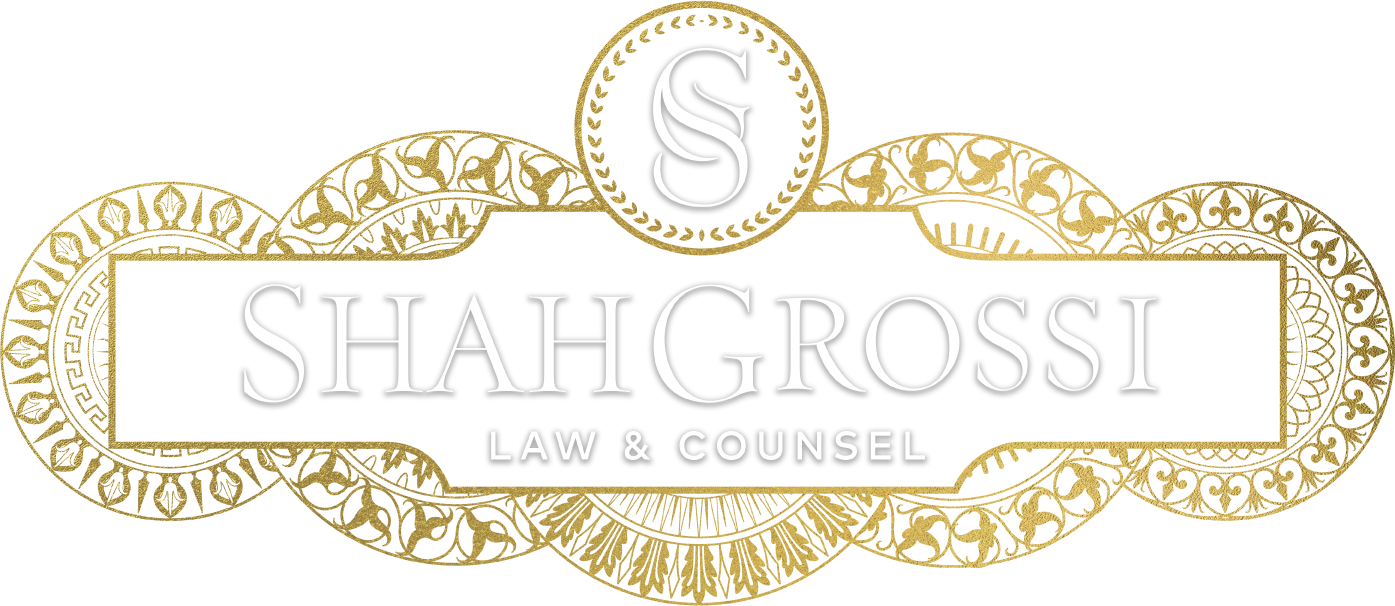Although there are many ways to structure the purchase or sale of a California business, one fundamental question with great implications will be whether the deal will be structured as a stock purchase or an asset purchase. Since the choice will have far reaching implications for both the buyer of a business and the seller of the business, oftentimes other elements of the deal structure will be adjusted to make up for this fact.
Stock Purchase Agreement.
A stock purchase generally involves the purchase of an entire business such as a corporation, including all of the corporation’s outstanding shares of stock. If a sole proprietorship, partnership or a limited liability company (LLC) is involved, the term used (“stock purchase”) would be slightly different (e.g. membership interest). In a stock purchase, the buyer in effect steps into the shoes of the seller, and the operation of the business continues in an uninterrupted manner. Unless there is a written agreement to the contrary, the seller will no longer have a continuing interest in, or obligation to, the business assets, liabilities or operations. From an accounting perspective, the assets and liabilities of the business remain and continue to be carried and/or depreciated in the same manner as before the transaction. From a tax perspective, the seller recognizes a gain or loss based on the difference between the sales price and his or her current basis in the stock. Consequently, sellers tend to prefer stock purchase agreements. If the transaction is structured as a stock purchase, the buyer should perform additional due diligence to ensure awareness of all assumed liabilities.
Asset Purchase Agreement.
When the purchase of a business is structured as an asset purchase, the buyer will either create a new entity ( corporation or LLC ) or the buyer will use another existing corporation or LLC to effectuate the purchase and sale because only those assets and liabilities specifically identified in the asset purchase agreement are transferred to the buyer. All of the seller’s other assets and liabilities remain with the existing business (seller). In this type of transaction, the seller retains his or her ownership of the shares of stock in a corporation, or membership interest in an LLC, to be sold. The buyer will either form a new entity or use another existing entity to effectuate the purchase and sale.
From an accounting perspective, the buyer records the assets and liabilities at the fair market value assigned to the buyer as part of the transaction. This may increase or decrease the carrying value and/or amount of annual depreciation with respect to individual assets and liabilities. From a tax perspective, the existing business recognizes a gain or loss based on the difference between the sales price and the carrying value of the assets and liabilities.
Asset Purchase transactions are generally more complicated because the ownership of the assets and liabilities and any related contracts must actually be transferred, sometimes through the filing of documents with governmental offices which may involve additional fees. Other considerations include the possible transfer of the corporate name, trade names, fictitious business names, trademarks, and the rehiring of employees by the buying entity. In addition, where the asset purchase involves the sale of all, or substantially all, of the selling business’ assets, the state’s “Bulk Sales” laws must be complied with. These laws generally require the buyer to notify of all of the selling business’ creditors of the proposed sale of the business assets.
Which is Better – A Stock Purchase Agreement or Asset Purchase Agreement?
The seller of a California business will generally prefer a stock purchase transaction because it allows the seller to completely step away from the business and any future obligations with respect to the business. Stock purchase transactions also enable the seller to pay taxes on the purchase price at the lower capital gains rate. When the buyer of a California business is merely buying the assets, as opposed to the business itself, the seller may incur a much higher tax burden because the corporation may have to pay tax on the income from the sale of the assets and a second tax if the proceeds are distributed to the selling owner, and the LLC may have to pay a gross revenue tax on the purchase price.
Conversely, the buyer of a California business will generally prefer an asset purchase transaction, because the buyer can select which assets to acquire and which, if any, liabilities to assume. This is particularly important to a buyer if the business has a significant number of actual or potential liabilities, and if it is difficult to quantify the amount of those liabilities. As discussed above, a buyer should perform additional due diligence if the deal is structured as a stock purchase.
Conclusion
As this discussion indicates, the decision on whether to structure a transaction as a Stock Purchase, or an Asset Purchase, involves numerous factors which can impact both the buyer and the seller quite differently. Both parties should consult a business or corporate transactional attorney at a very early stage of the process to insure that they fully understand the issues before making their decision.
– Sapana Grossi









